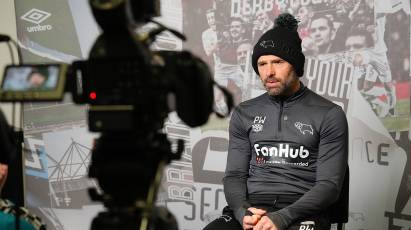Matt Hamshaw is the new First Team Coach of Derby County.
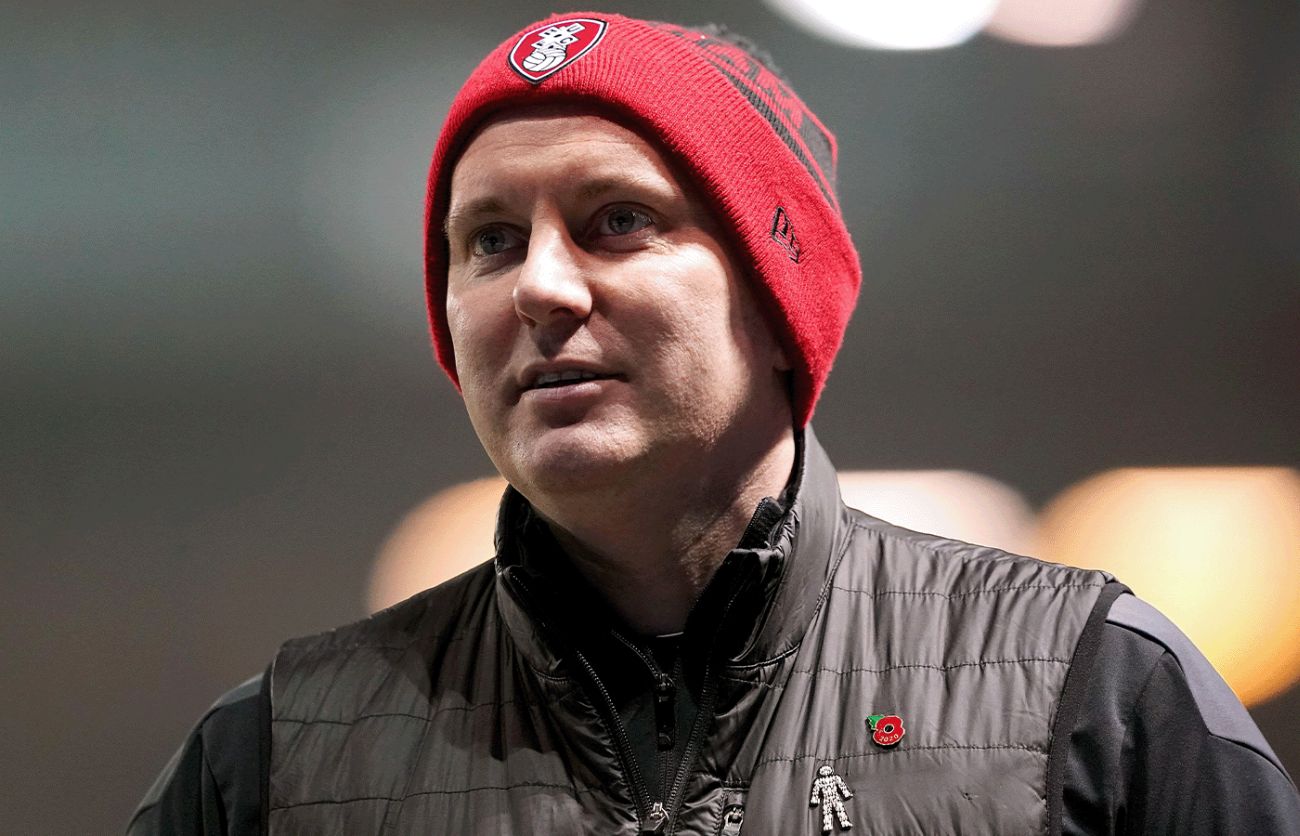
He joins new Head Coach Paul Warne, Assistant Head Coach Richie Barker and First Team Goalkeeper Coach Andy Warrington at the club from Championship side Rotherham United.
Here’s everything you need to know about Hamshaw…
Career Beginnings
Born on 1st January 1982 in Rotherham, Hamshaw had a very respectable playing career in the EFL before retiring early to concentrate on the coaching side of the game.
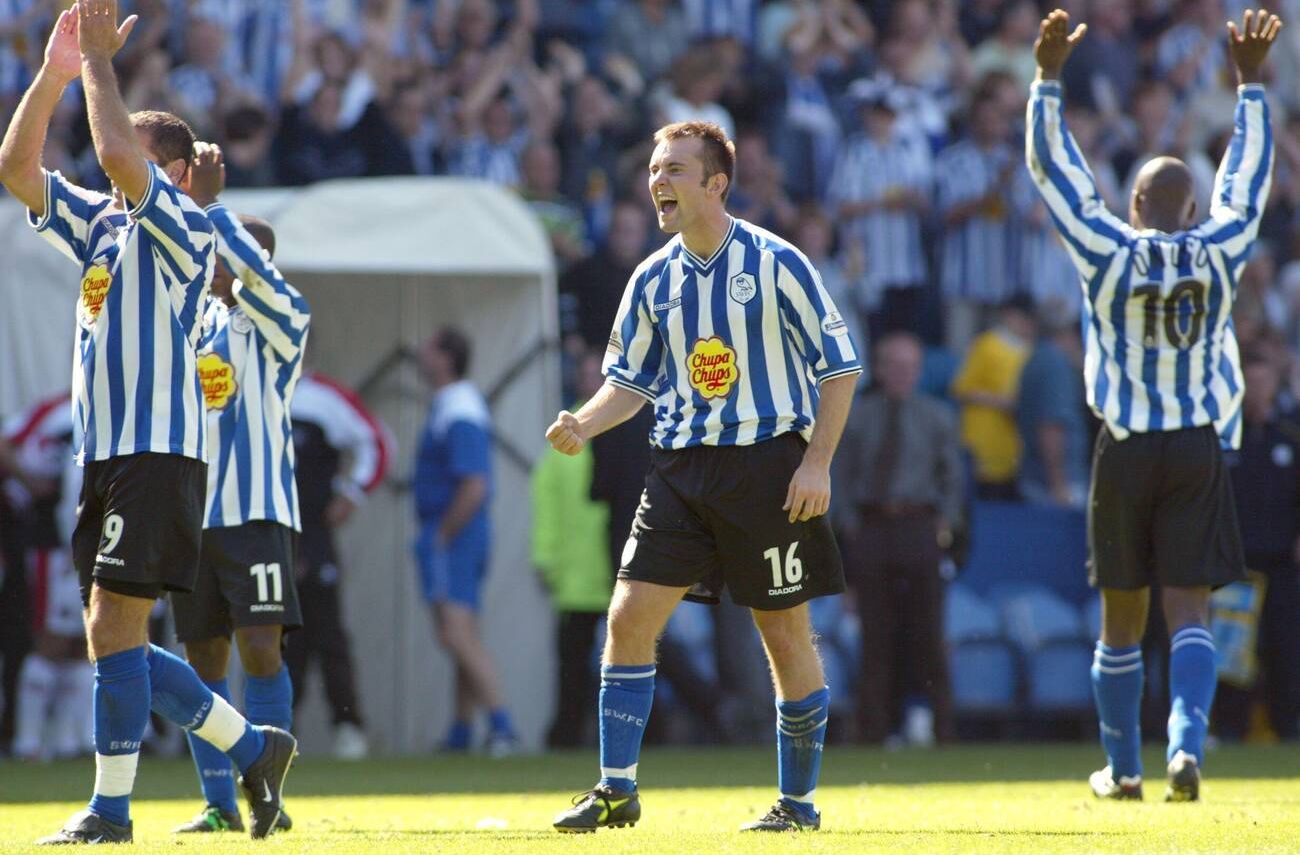
Predominantly deployed on the right side of midfield, he rose through the ranks with Sheffield Wednesday in the late 1990s before he made his first-team debut for the Owls in 2000. Soon after he was called up to the England Under-18s side.
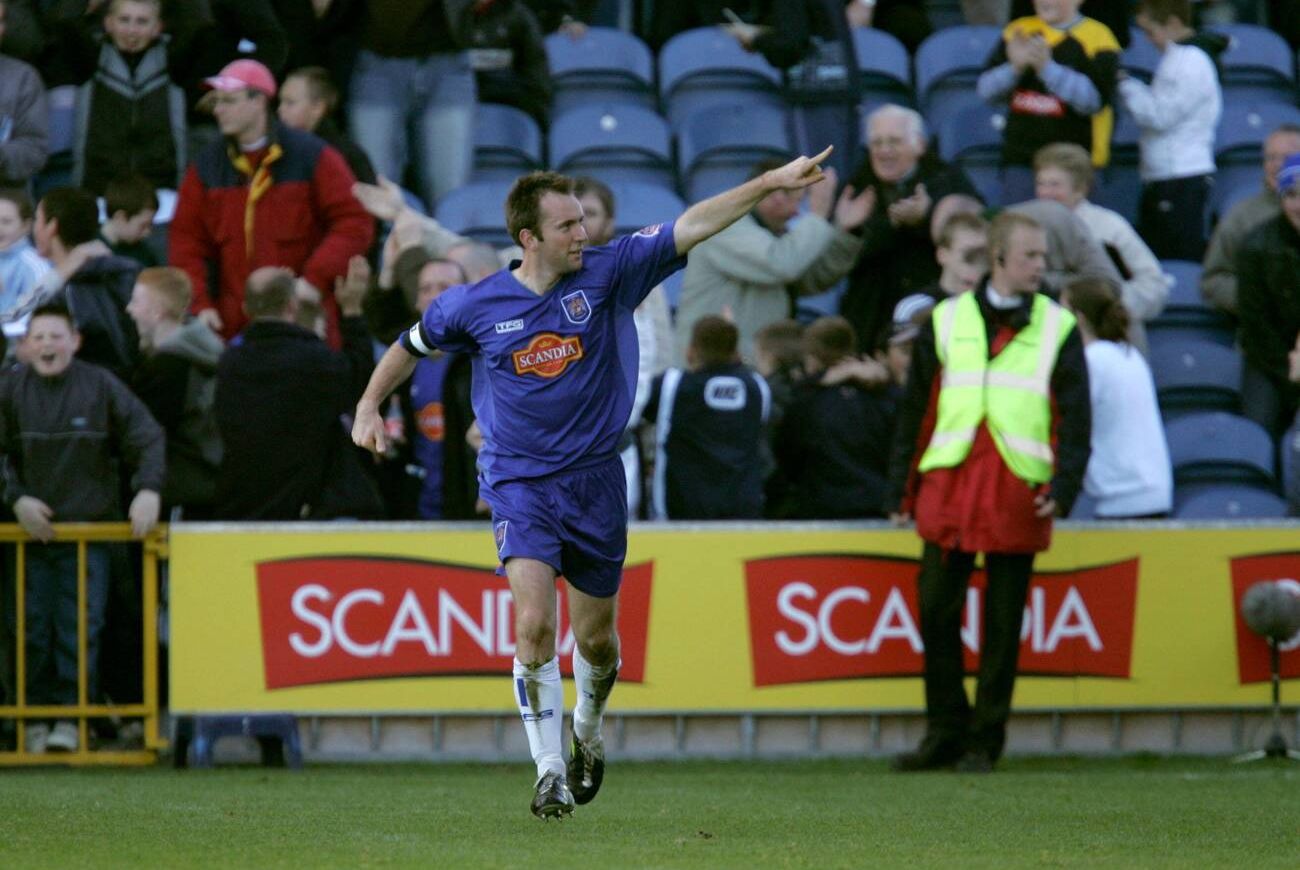
After helping Wednesday win promotion from League One via the play-offs in 2005, Hamshaw joined Stockport County for a season and during his one season at Edgeley Park he was made captain of the side.
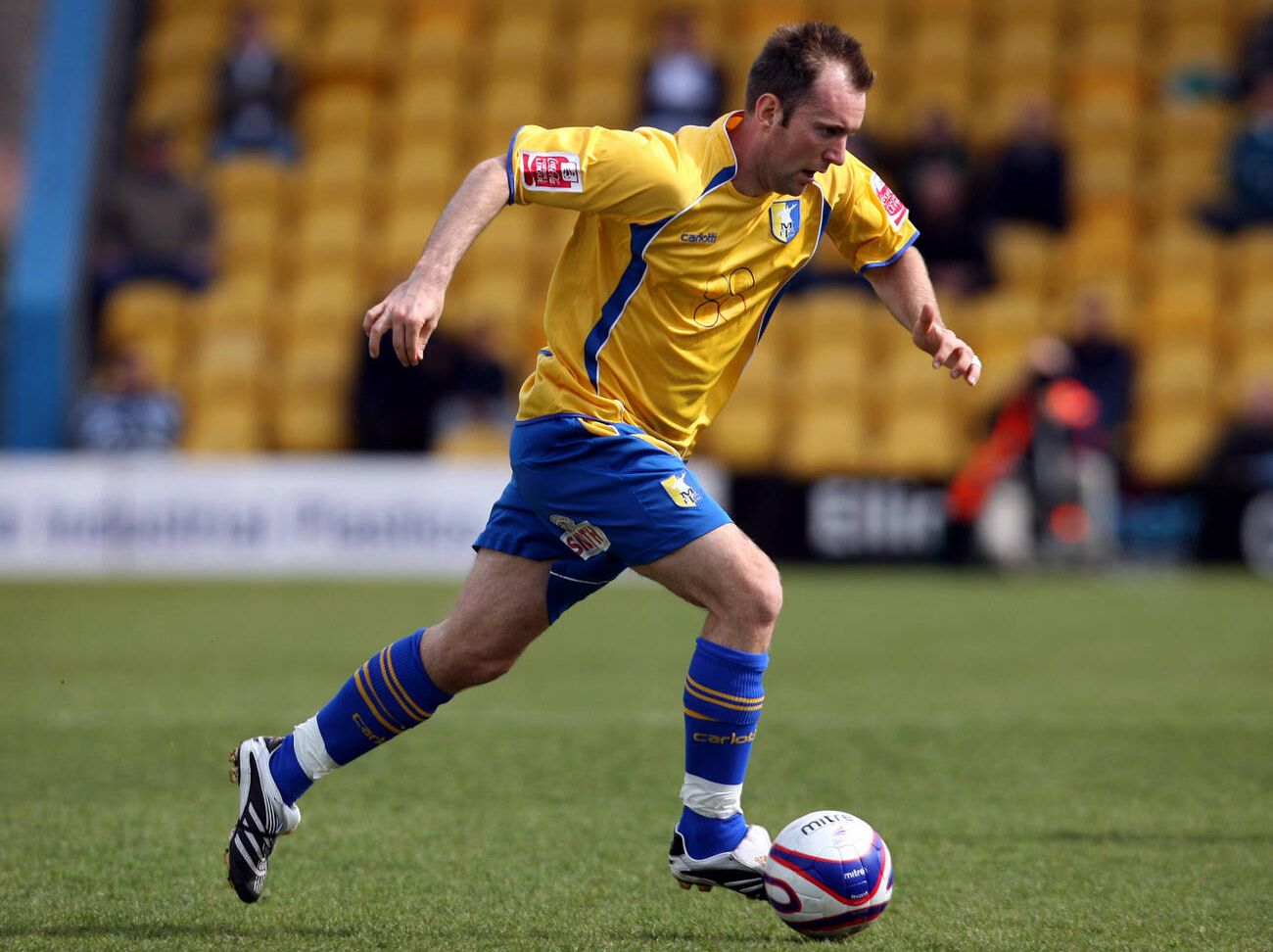
Two years at Mansfield Town followed between 2006 and 2008, making more appearances (95) for the Stags in that time than anywhere else in his professional career.
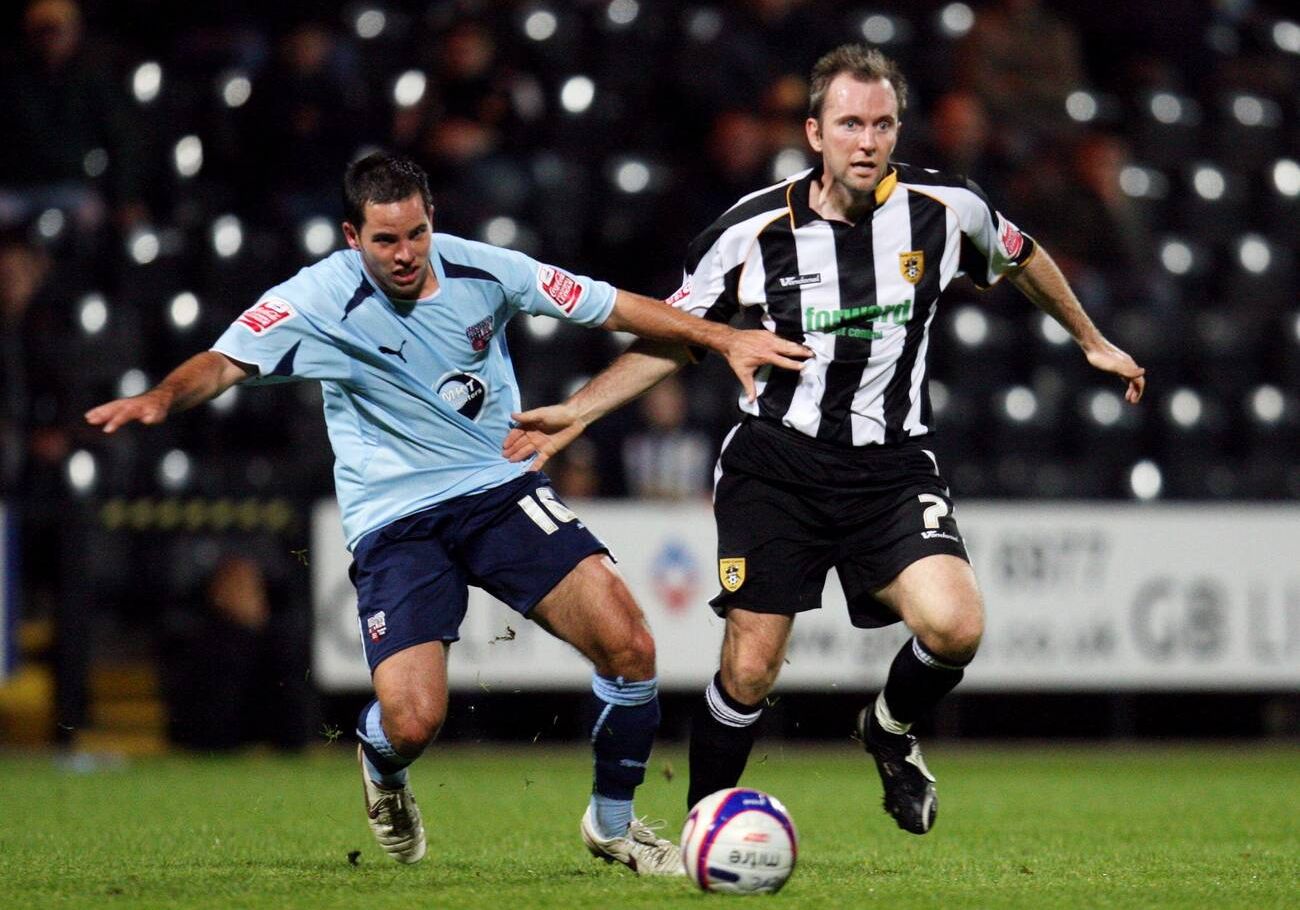
After the Yellows suffered relegation to the National League, Matt moved to their local rivals, Notts County. He again spent two seasons with the Magpies, wining the League Two title in 2009/10, before finishing his professional full-time career off with Macclesfield Town between 2010 and 2012.
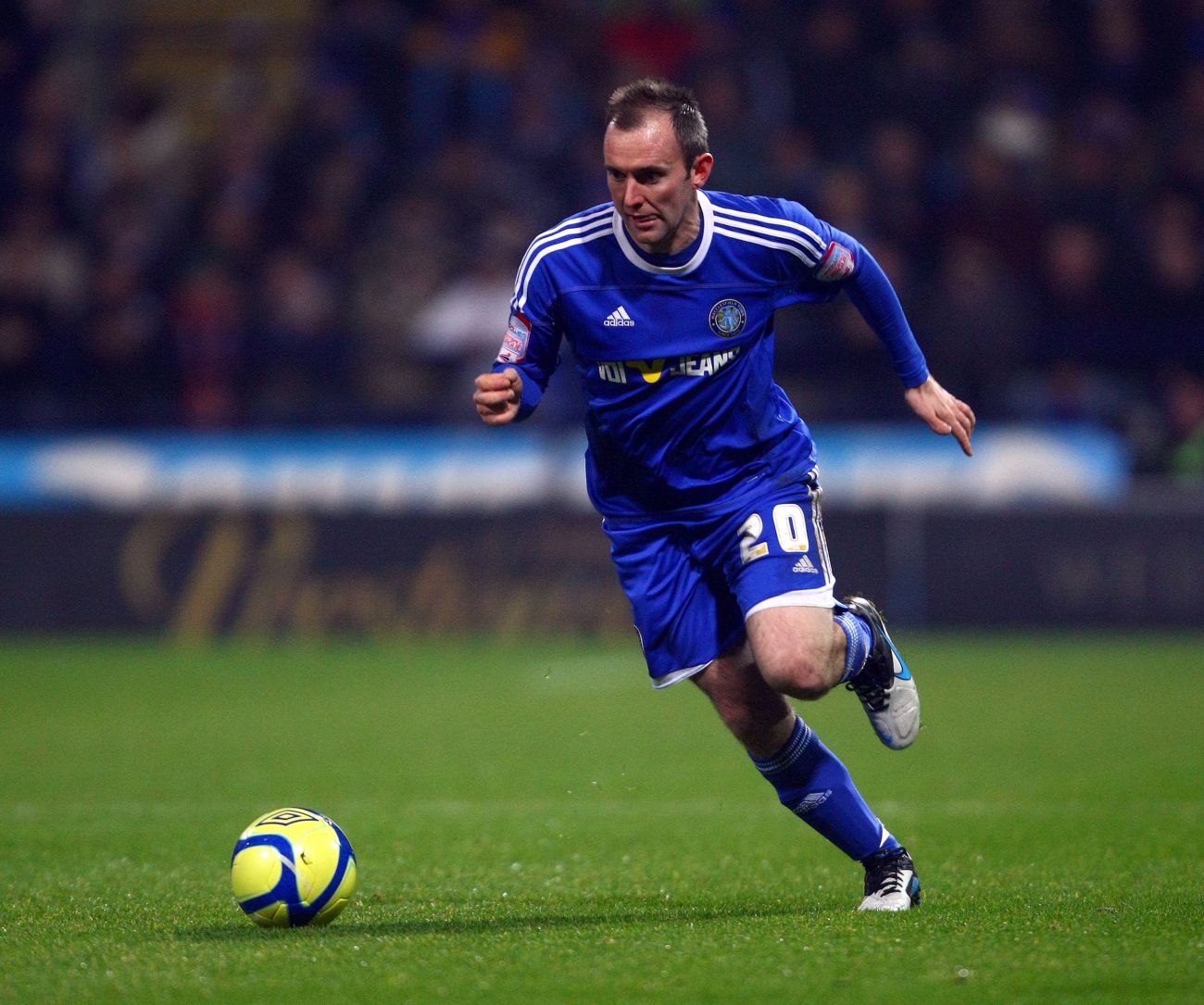
His professional career saw him rack up 375 appearances, alongside 26 goals.
Coaching Career
At just 30-years-old, Hamshaw made the big decision to leave full-time football to concentrate more on the coaching side of the game.
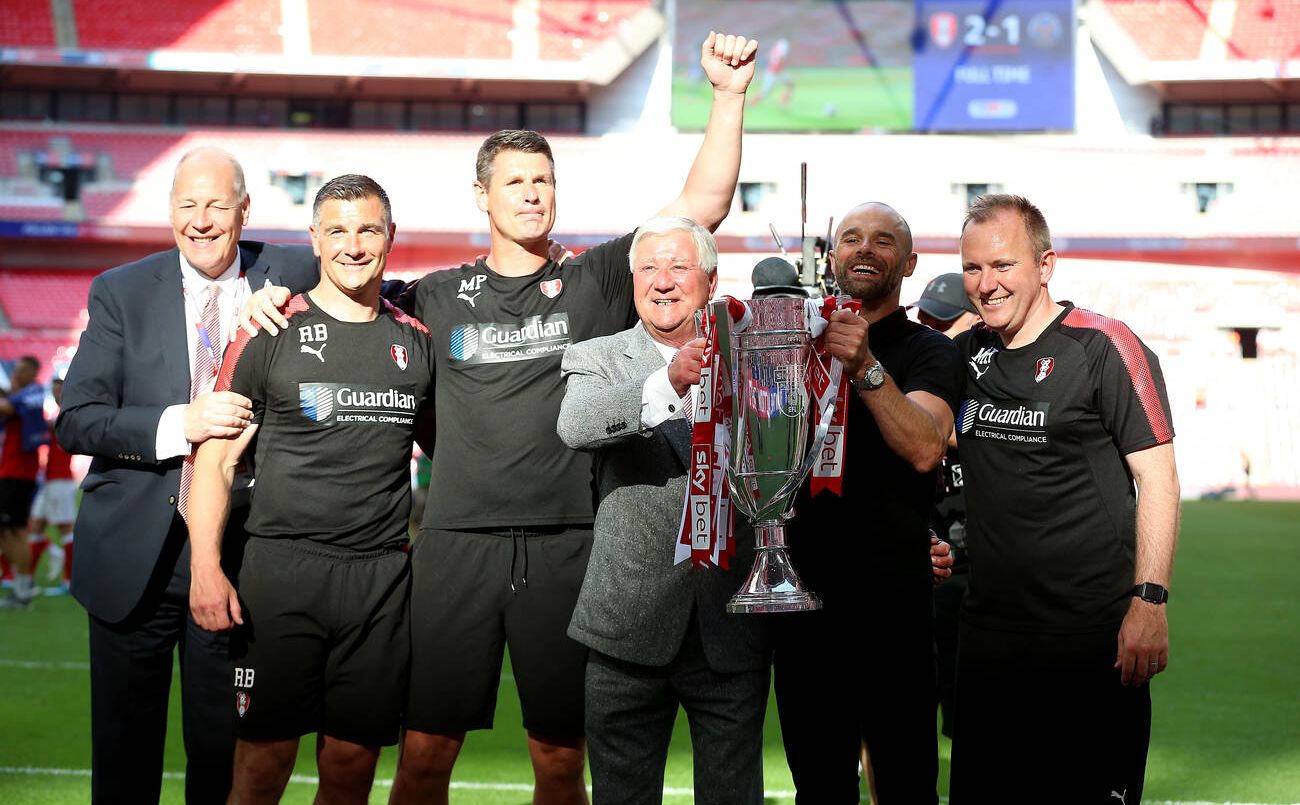
He linked up with the Millers in 2012, initially as Youth Coach and was then able to continue playing on a semi-professional level, initially with Matlock Town and then latterly Stocksbridge Park Steels.
Rising through the ranks, he was part of the backroom staff at the New York Stadium for around a decade.
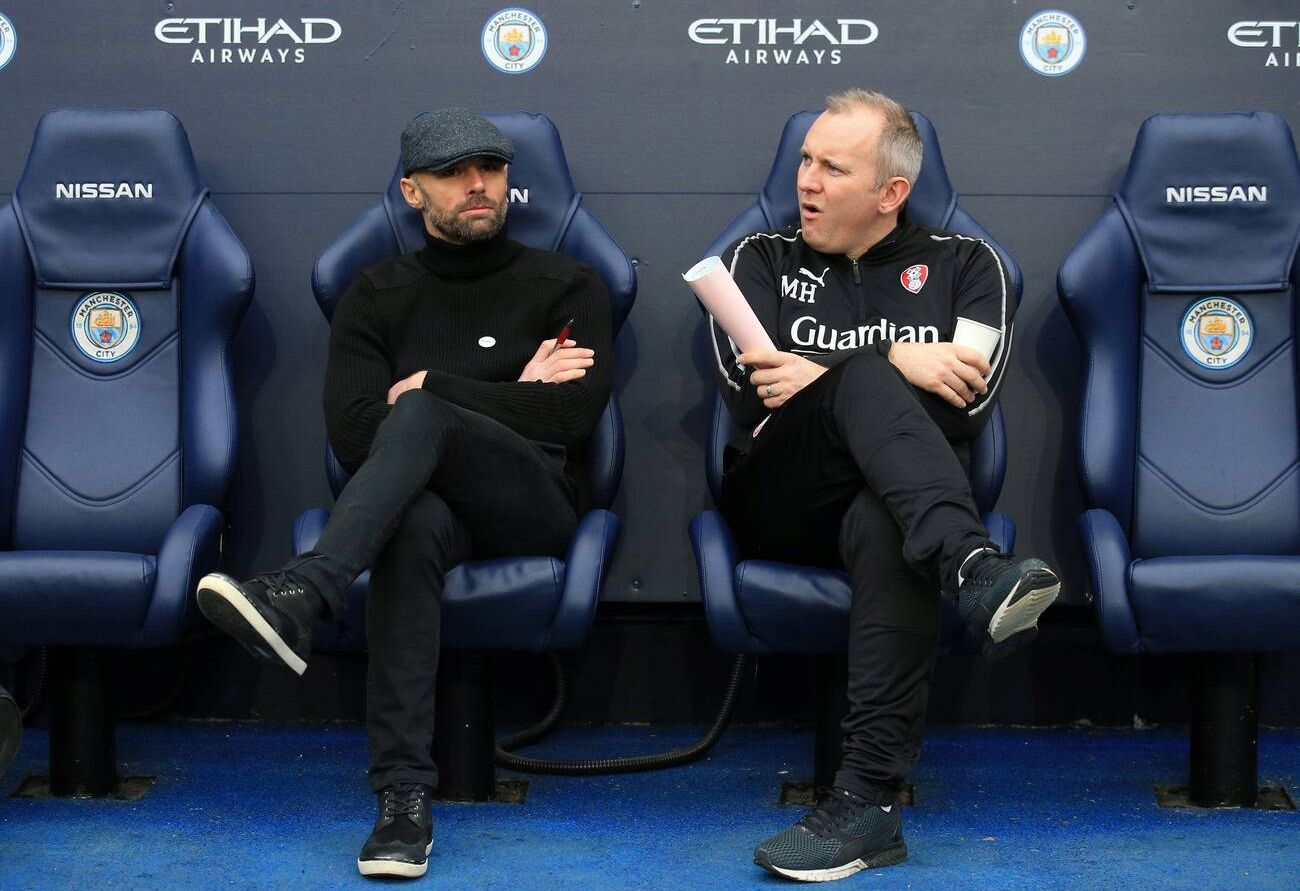
From Youth Coach to Director of Youth Department, he then made the move to First Team Coach following Paul Warne’s arrival and played a key role in the Millers achieving three promotions and a Papa Johns Trophy success during that time.


 3/1 To Win
3/1 To Win
